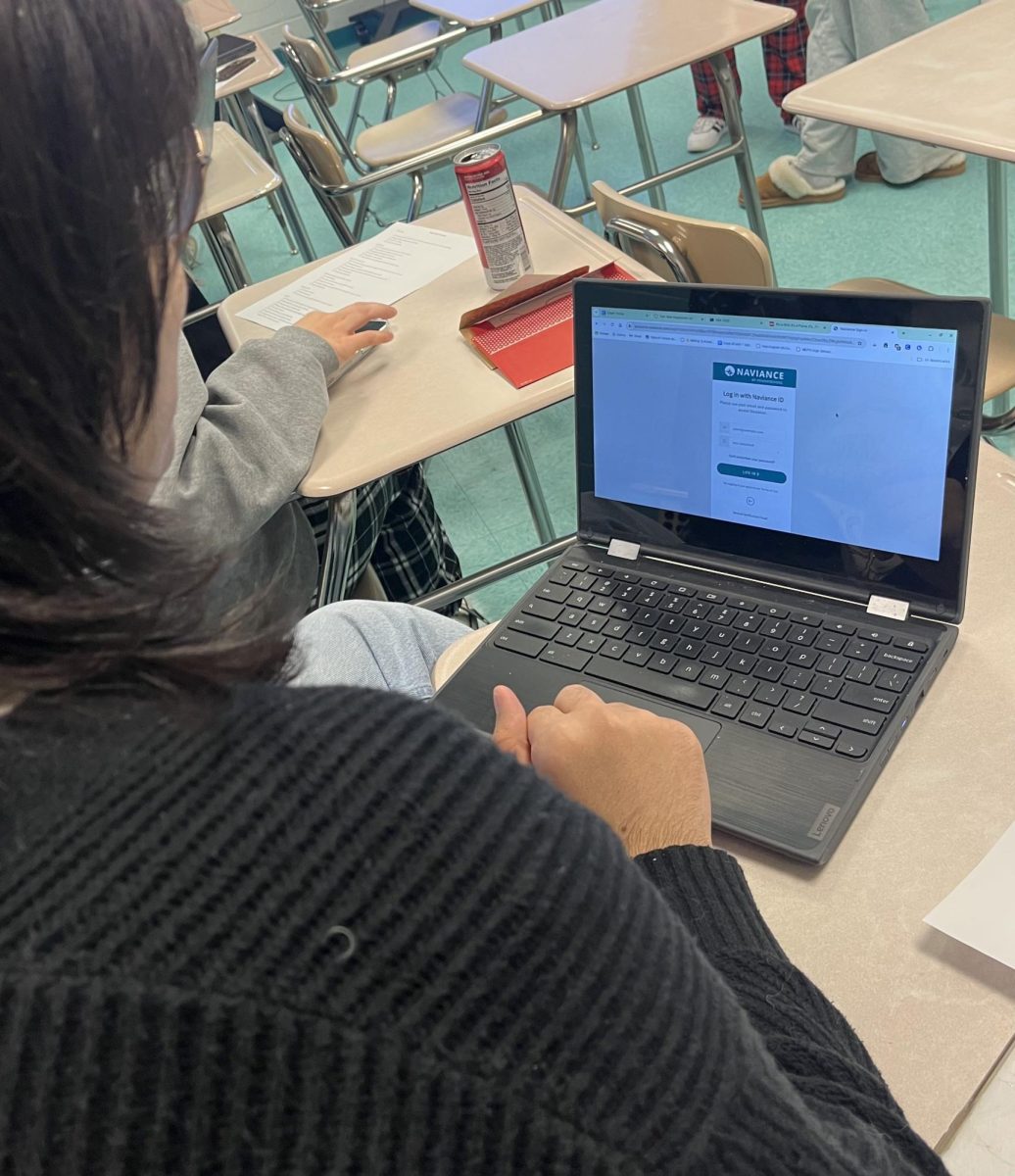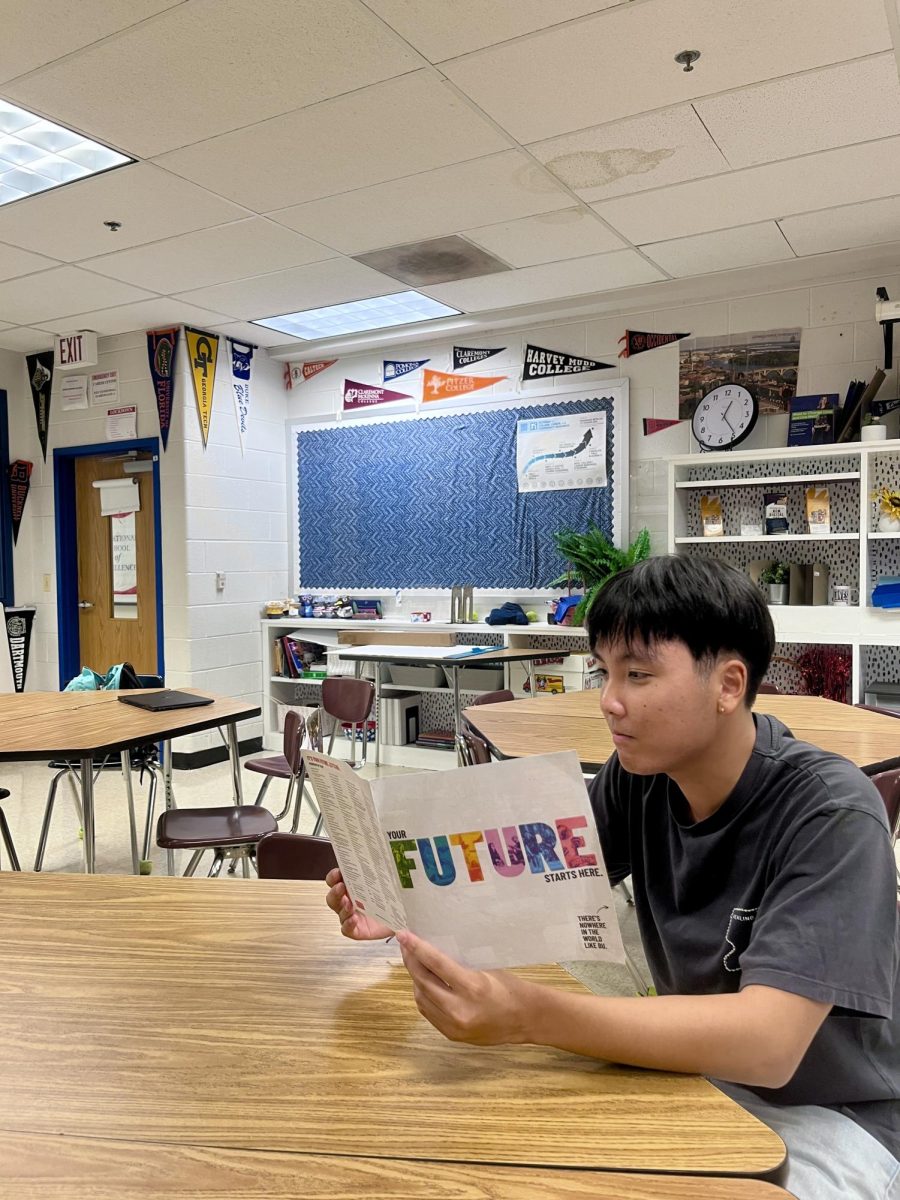With states deciding their own abortion policies and President-elect Donald Trump transitioning into his presidency, students may factor in a state’s policies when exploring and applying to colleges.
Regardless of Trump distancing himself from Project 2025 during the election, six of his former Cabinet secretaries participated in writing it, Vice President-elect JD Vance commended some of the manifesto’s ideas, and the agenda itself has been intended for the next Republican president. Trump has therefore undoubtedly tied himself to the issue of abortion. On May 17, 2023, regarding his success in overturning Roe v. Wade, Trump tweeted “Without me there would be no 6 weeks, 10 weeks, 15 weeks, or whatever is finally agreed to. Without me the pro-life movement would have just kept losing.”
As a result of Trump’s efforts and the overturning of Roe v. Wade, abortion rights are now being decided by each state individually. Students exploring and applying to colleges may have to keep in mind what state the schools they are applying to and committing to are in, and what that state’s stance is on policies such as abortion. With Trump regaining office, abortion will continue to be restricted, and if students choose to factor in policies such as abortion access in college decisions, their prospective college options may continue to be limited. “I think that policies in certain states could influence my decision to apply to a school but it wouldn’t be the main factor,” junior Danielle Rubin said.
Living in a state that doesn’t protect reproductive rights and restricts abortion access may deter students from attending specific schools. “I think that state policies have definitely impacted my choices for a couple reasons, especially on topics like LGBTQ rights and abortion. It makes me wonder if people in those states have negative views on issues that are important to me, which creates a cultural concern if I were to attend school there, and this affects a lot of schools like University of Florida or The University of Texas at Austin,” junior Nasrin Sari said.
Indiana University and Tulane University are two commonly applied to schools by students here and both Indiana and Louisiana currently have full abortion bans. The University of Georgia, Emory University, University of Florida, University of Tampa, University of South Carolina and Clemson University are all popular schools students from this school gravitate toward, with Florida, Georgia and South Carolina only allowing abortions up to six weeks. University of North Carolina and Duke University are schools in North Carolina, frequently applied to by students, which currently allow abortions up to 12 weeks. Regardless of the college students attend, students can return to Maryland, as, regardless of pregnancy stage, there are no restrictions on abortion.
With Maryland being a democratic state, abortion is legal at all stages of pregnancy, “before viability or at any point, if the procedure is necessary to protect the health or life of the woman,” according to Maryland General Assembly Website.
Because of this, Towson, University of Maryland College Park, University of Maryland Baltimore County and Salisbury are popular in-state options for students. “Financial reasons and family also probably play a role in the decision, but staying in a state where you know your rights are protected (and as of recently, protected in our state constitution in the case of abortion rights) is really comforting when you’re going through a pivotal time in your life,” Sari said.







![Editors-in-Chief Ahmed Ibrahim, Helen Manolis, Cameron Cowen, Alex Grainger, Emory Scofield, Hayley Gottesman, Rebekah Buchman and Marley Hoffman create the first print magazine of the year during the October press days. “Only a quarter of the schools in MCPS have programs that are like ours, a thriving, robust program. That makes me really sad. This is not just good for [the student journalists] to be doing this, it’s good for the entire community. What [student journalists] provide to the community is a faith in journalism and that continues for their lifetimes," Starr said.](https://woottoncommonsense.com/wp-content/uploads/2025/10/wmpoFTZkCPiVA3YXA4tnGoSsZ4KmnKYBIfr18p3l-900x1200.jpg)

